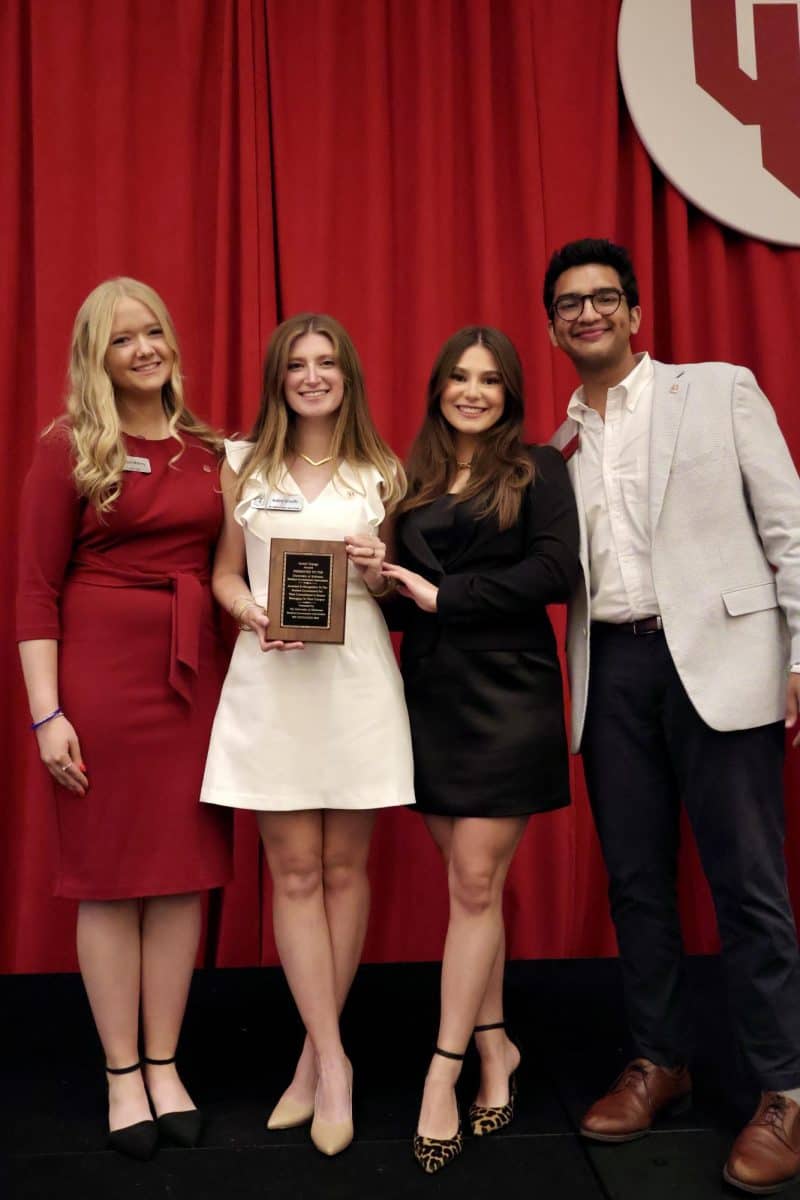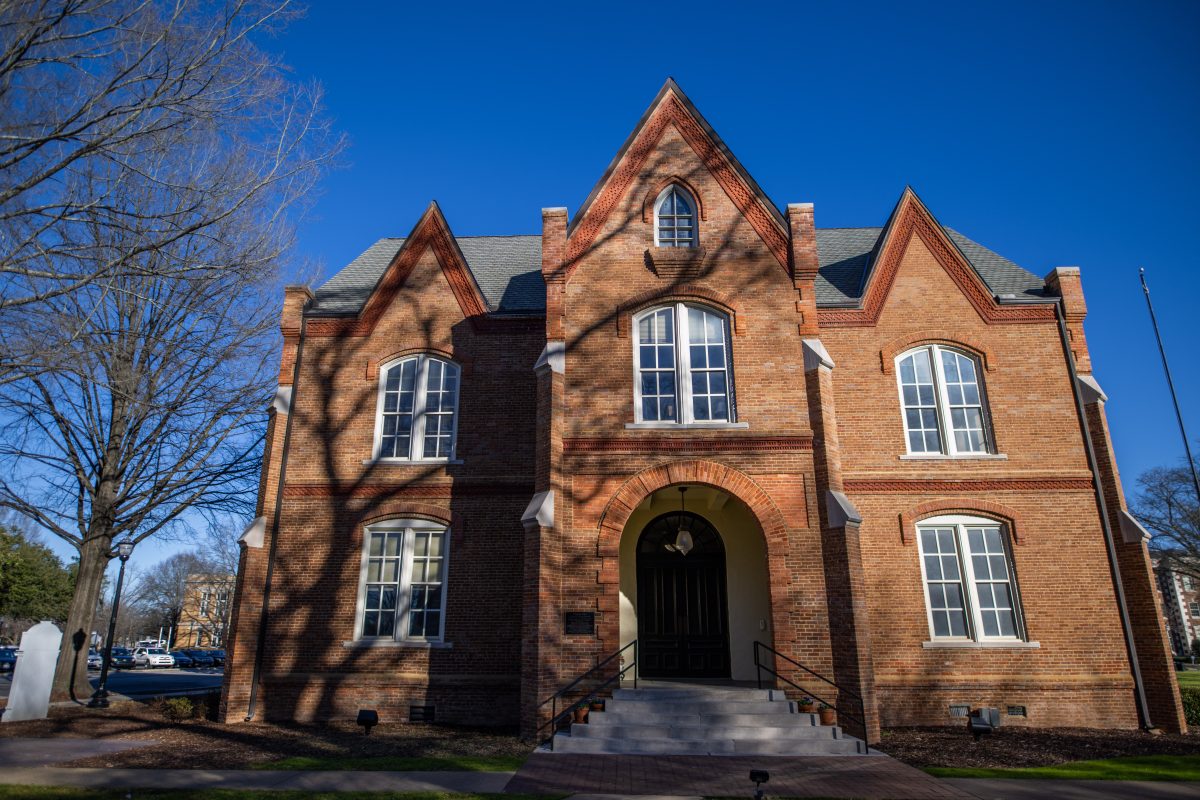Campus Kitchens, a national community service organization dedicated to hunger relief, will work in conjunction with the Community Service Center on campus to repurpose unused foods starting next fall.
Chisolm Allenlundy, a sophomore majoring in philosophy and economics, is the assistant director of the project.
“Campus Kitchens is a national nonprofit, and it works in several colleges and universities across the country,” he said. “We work to repurpose unused food from restaurants and dining halls in the community. Basically it’s a way of addressing food waste and hunger in the community at the same time.”
(See also “Greek program donates leftover stadium food“)
Allenlundy said the team spent a lot of time this year bringing together groups such as the YMCA and the University of Alabama administration to get this project going.
“The first place that we partnered with is the YMCA,” Allenlundy said. “They have an entire third floor that is reserved for young men that are homeless. We’ve agreed to take all the meals that we create and deliver them to the YMCA to these young men and help them get on their feet.”
Allenlundy said Campus Kitchens is also talking with the West Alabama Food Bank and the Society of St. Andrews in Birmingham to expand beyond the YMCA.
“We’re also going to keep some of the food at Bama Hillel,” Allenlundy said. “We initially wanted to use the dining hall kitchens, but it was hard to work out because they are so busy. There were a lot of safety concerns.”
Campus Kitchens will use the Bama Hillel’s kitchen to cook and prepare the food.
(See also “Bama Hillel [VIDEO]“)
Camille Driver, a junior majoring in public relations and human development and a student director of the Community Service Center, is also involved with the project.
“People in Alabama need help, and Campus Kitchens is a way to do just that,” Driver said. “The need is great, but with that need comes the need for volunteers and people to unselfishly give their time to others. Campus Kitchens is a great way for students to donate their time back to the community that has presumably already given them so much.”
Linda Kurtz, the online community engagement manager for the Campus Kitchens Project, said Alabama has one of the highest rates of food insecurity in the country.
“Food insecurity is defined as the inability to find food where you live,” Kurtz said. “People who are food insecure don’t have access to food because they are in a food desert or because they can’t afford it. In Alabama specifically, the food insecurity rate in 2011 was 19.5 percent, and the nationwide average is 16.4 percent, which translates to just under a million people who are food insecure in Alabama.”
(See also “Banquet brings domestic hunger issues to light“)
In Tuscaloosa County, the food insecurity rate is 18.5 percent, which translates to 35,400 food insecure people, Kurtz said.
“Alabama will be unique in the fact that you will be using a Hillel kitchen,” she said. “This means that the food will have to be kosher.
“It’s a partnership that we are hoping to develop on a national level.”
For more information on the Campus Kitchens project at the Capstone, email Chisolm Allenlundy at [email protected].






